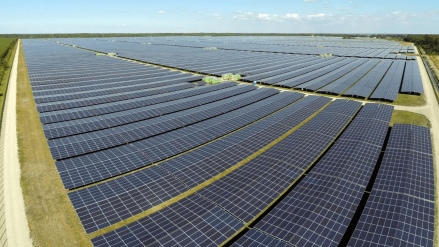The programme, PM Surya Ghar: Muft Bijli Yojana, launched on February 15, 2024 by Prime Minister Narendra Modi is actually a government scheme which aims to provide free electricity to households in India. As per the data, the households under this scheme will be provided with a subsidy to provide solar panels at their rooftop, however, the subsidy will only cover up to 40 per cent cost of solar panel installation.
Notedly, the scheme is expected to provide its benefits to 1 crore households across the country. Additionally, with the implementation of this scheme, it is anticipated that the government will save about Rs 75,000 crore per year in electricity loss.
With the upcoming Union Budget 2024, the industry experts expect that it will set a roadmap to achieve the goals of Surya Ghar Scheme in states including Uttar Pradesh and Assam, which are already boosting such efforts with additional subsidies. Furthermore, it is anticipated that there will be an increased number of solar panels installed through awareness campaigns. “We may see investments in local partnerships with urban and rural bodies and digital resource building. The budget may propose initiatives for microinverter technologies, which offer advantages in safety, scalability and monitoring capabilities. This approach allows homeowners to start with smaller installations and expand over time. Concurrently, the government may invest in a centralised dashboard to monitor solar performance and usage at local levels, facilitating better management and optimisation of solar systems nationwide,” Manoj Gopalan Nair, Sr. Director, Sales-India, Enphase Energy stated.
What are the benefits of the scheme?
As announced by the government of India, the scheme will provide benefits of free electricity for households, reduced electricity costs for the government, increased cost of renewable energy and reduced carbon emissions.
Additionally, a subsidy of Rs 30,000 to 60,000 will be provided to the households with an average electricity consumption of up to 150 units. For this, the solar plant installation will have the capacity of 1-2 kW. For households with an average electricity consumption of 150 to 300 units, Rs 60,00o to 78,000 will be provided for the installation of solar panels between 2-3 kW. Similarly, households with over 300 units of monthly electricity consumption will be provided with an installation capacity of above 3 kW while the subsidy amount would remain Rs 78,000.
Anyone who is an Indian citizen or has a house with a roof that is suitable for solar panel installation can apply for this scheme. In addition to this, households must have a valid electricity connection and should not have availed any other subsidy for solar panel installation.
